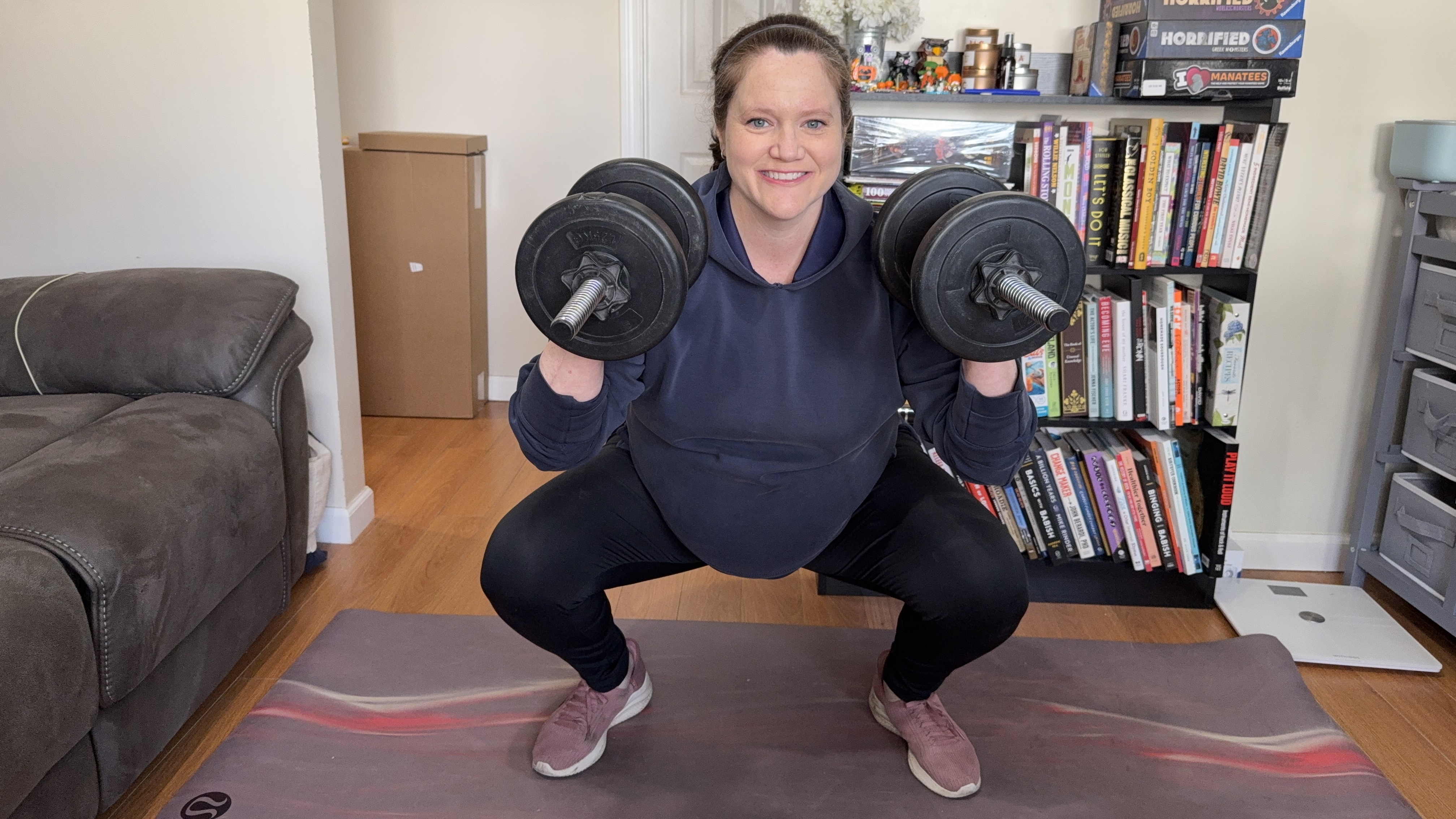How to feel full and lower blood sugar and feel full, according to science
Blood sugar crashes trigger a hunger response, leading us to eat more during the day, according to this new study


Do you ever get hungry just a couple of hours after you've eaten, and think "surely I can't be hungry already?", even if you've adhered to a recommended portion size guide? You're not alone. It's a struggle to eat healthily when we're craving snacks between meals like this. The reason why this happens to so many people has long been thought to be connected to our blood sugar levels, and a new study has found more evidence for this theory.
Published by researchers from King's College London and a collection of other scientists – an impressive list of experts from Harvard Medical School, Harvard T.H. Chan School of Public Health, Massachusetts General Hospital, the University of Nottingham, Leeds University, and Lund University – the study examines feelings of hunger and how they correlate with drops in participant's blood sugar.
The researchers collected data from over 1,000 people. All the participants ate the same standardised breakfast and freely chose their other meals, wearing glucose monitors to see how their food choices affected their blood sugar levels. It was found some people experienced 'sugar dips' a few hours after eating, when their
blood sugar levels fell rapidly below their normal amount before coming back up.
Those who experienced these big dips had a 9% increase in hunger, and waited around half an hour less before their next meal than those people whose blood sugar remained fairly normal. People with blood sugar dips are an average of 312 calories more each day, which the researchers say "could potentially turn into 20 pounds of weight gain over a year".

Professor Ana Valdes from the School of Medicine at the University of Nottingham and leader of the study, said: "Many people struggle to lose weight and keep it off, and just a few hundred extra calories every day can add up to several pounds of weight gain over a year.
"Our discovery that the size of sugar dips after eating has such a big impact on hunger and appetite has great potential for helping people understand and control their weight and long-term health."
Overall, it's best to try and keep your blood sugar to an even keel, as spikes in your blood sugar caused by eating lots of unhealthy foods will lead to the crashes mentioned above, ensuring you're more hungry, more often. Constantly raising your blood sugar via unhealthy eating can lead to metabolic syndrome (a collection of high blood pressure, weight gain and heart disease), eventually leading to type-2 diabetes.
Get the Fit&Well Newsletter
Start your week with achievable workout ideas, health tips and wellbeing advice in your inbox.
Try and stick to low-GI fruits for snacking, such as apples, pears and others with good fibre content, which will help you feel full for longer, and stop snacking on chips and chocolate. When cooking, you can opt for healthier ways to prepare your food than drowning it in fat to fry or roast: for example, the best air fryers use a tiny amount of fat and hot air currents to coat everything evenly without adding more calories.
Matt Evans is an experienced health and fitness journalist and is currently Fitness and Wellbeing Editor at TechRadar, covering all things exercise and nutrition on Fit&Well's tech-focused sister site. Matt originally discovered exercise through martial arts: he holds a black belt in Karate and remains a keen runner, gym-goer, and infrequent yogi. His top fitness tip? Stretch.
-
 “Working out doesn't have to be boring”—why I love this trainer’s Cha Cha Slide fitness challenge
“Working out doesn't have to be boring”—why I love this trainer’s Cha Cha Slide fitness challengeBuild core strength and get strong shoulders with this dance-themed challenge
By Maddy Biddulph
-
 A personal trainer says this is the HIIT workout to do if you’re over 40—here’s what I think
A personal trainer says this is the HIIT workout to do if you’re over 40—here’s what I thinkThis no-impact workout delivers lots of high-intensity cardio without major stress on your joints
By Jennifer Rizzuto